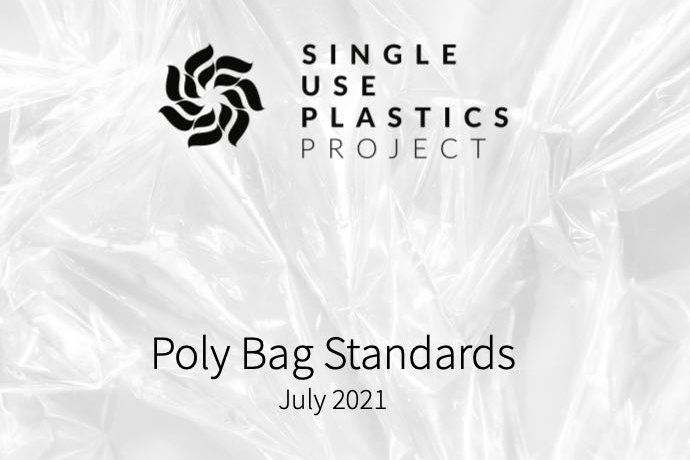

SUPP-x-Poly-bag
The European Outdoor Group (EOG), an industry association representing the outdoor sector across Europe, has released new eco plastic poly standards for product packaging and is encouraging companies to use them to help the environment.
In an effort to decrease single-use plastics throughout the value chain, the European Outdoor Group’s Single-Use Plastic Project (SUPP) has issued a new study dubbed “Poly Bag Standards.”
The new standards document, which includes advice on material considerations, what to prioritize, and a bag design that adheres to the highest requirements, is available to all businesses, including garment and textile enterprises.
With input from the whole value chain, the SUPP Poly Bag Standards paper was created with the ultimate goal of eliminating superfluous poly bags.
A variety of manufacturers, brands, retailers, and recyclers provided feedback, with the goal of encouraging and supporting the adoption of the standards across different industries.
When poly bags are required, such as for the protection of delicate clothing items during transit, there are a set of criteria to guarantee that pollutants are minimized and the material’s maximum value is preserved.
SUPP has also unveiled a prototype ‘pillowcase’ poly bag made from recycled and recyclable materials, with a design that encourages users to unzip the bag without tearing it, which means it could potentially be reused.
The prototype bag has been tested across many product lines and has successfully transitioned from production to brand and retailer to end consumers. When a pillowcase poly bag is eventually declared useless, its pared-down design allows it to be more readily kept in the resource stream through systems like SUPP’s industrial recycling plan.
European Outdoor Group program manager Scott Nelson, who is managing the Single-Use Plastics Project, said that it’s still vital to emphasize that the best possible poly bag is no polybag at all, and we urge all businesses to prioritize the work of removing them from the whole value chain. However, they recognize that certain bags are still required at this time; however, these should be considerably better and should not be considered single-use. To begin addressing both sides of the problem, The SUPP Poly Bag Standards document was written.
Yiqi Yang has developed a groundbreaking fiber-to-fiber recycling technology that removes dyes, separates blended fibers, and recovers high-quality materials.
DS Smith has unveiled a plastic-free packaging solution for BMW's car wheel carriers, replacing traditional materials with recyclable corrugated cardboard.
A doctoral thesis from the University of Borås, Sweden, presents a novel method for healing large bone defects using bioplastic…
Ambercycle and Highsun Holding Group have signed a strategic cooperation agreement aimed at advancing textile-to-textile (T2T) closed-loop recycling systems.
PAIGE has partnered with the Cotton Lives On programme to launch a recycling campaign, encouraging customers to bring in old…
Toray Industries Inc. from Japan, has partnered with Head Sports GmbH to create the Boom Raw tennis racquet, a product…